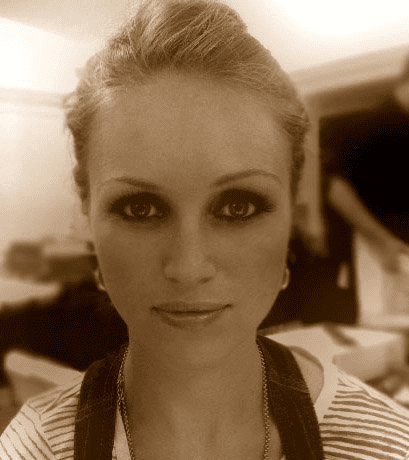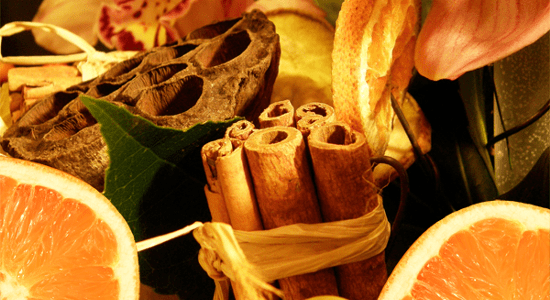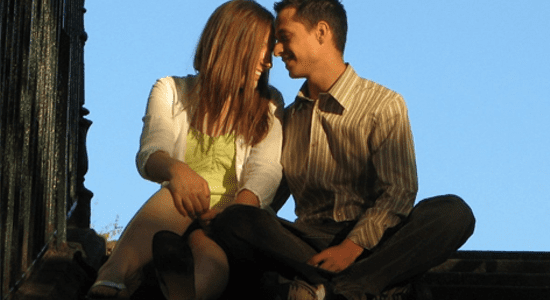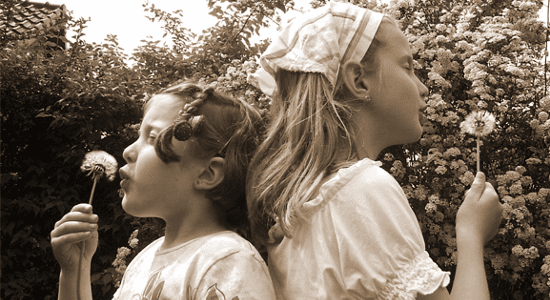
Tell us about yourself.
I started to write, like most of us, when I was a hormonal teenager, and I still always smile when I find those tortured typewriter-written poems on scraps in the bottom of drawers. Great, awful stuff. It wasn’t until I was in university that the very influential professor and talented writer Randall Maggs shone a bit of a light on me and challenged me to push myself to write more, and also, to not take myself too seriously. I listened to him and did both things which I think are equally as important. After graduating, I co-founded the all-female sketch comedy group She Said What with my closest and funniest friends. The project has gone on to do quite well, I’m happy to report that it was nominated for a Canadian Comedy Award among other successes. Creating SSW was a critical point, because we were creating work for ourselves at a time when no one was knocking on our doors offering us any. We became much stronger writers by going through the sometimes arduous process of creating countless stage shows together. You knew right away in that arena if you’ve written something good or not. While writing sketch comedy, I also have been working with an educational institution that takes students overseas to study on location—think studying Roman Gladiators at the Colosseum or the French Revolution at Versailles. I’ve traveled extensively, lectured, performed and written a lot of academic content and held workshops aimed at getting students engaged and excited about the world around them. Most recently, I’ve also been writing for, and playing the role of the “comedic” co-host of a car show airing in the U.S. and the U.K. where I get to ride absurdly fabulous cars and then make fun of them. It’s a tough gig. Also, I’m currently working on my first collection of short stories. The first story from the collection “The Red Mouths” is set to be published in subTerrain magazine.
Tell us about the piece you’ve decided to share.
Sisters Always is a character driven piece that takes a sort of satirical/comical look at how small wants or longings can transform into strange obsessions. In the era of shows like Hoarders and My Strange Addiction, I think we’ve come to understand that really anything is possible and we all have a bit of strangeness in us in some way or another. In a way, I hope, this story touches on that point just a bit. The narrator is consumed with the idea of having a sister, so much so, that it colours her approach to having any sort of relationship with other women. It’s definitely a hyperbole meant to be funny or heaven forbid, silly, and I think it reflects that weird obsessive side we all have but would rather not share publicly. Whether it’s cutting your cuticles, collecting fridge magnets or compulsively applying hand sanitizer, we’re all a bit odd.
When and why did you realize you had a passion for writing?
I don’t know if I ever realized I had a passion for writing as much as a passion for story-telling. I grew up in theatre and dance and the idea of communicating ideas and connecting with others’ experiences through stories, both with and without words, has always been prominent for me. Writing my own stories, whether for stage or the page, was a natural evolution of telling others’ stories through performance.
What pieces of writing/authors have had the greatest impact on you?
Ann-Marie McDonald’s Fall on your Knees. The book is brilliant, no doubt, but for me it was the first time I had read a story where there were so many female characters that were so fascinating, complicated and fully realized in a way that made me see the possibilities in writing for myself. All of the books I read growing up, particularly in school, were about men and boys coming-of-age told through the eyes of men. Reading Fall on your Knees was a revelation for me. Junot Diaz also had a huge impact on me in terms of finding character voice and putting forth the idea to share the kinds of stories we aren’t, but should be telling. I’m also a huge fan of Dave Eggers, Joan Didion, Raymond Carver, Michael Ondaatje, Anne Carson and, of course, Gabriel Garcia Márquez.
What kind of writer do you aspire to be?
A good one?
How and when do you find time to write?
When I’m well-rested, have some alone time and a bottle of wine. Translation: not as often as I’d like. Keeping a notebook on you at all times is helpful however.



